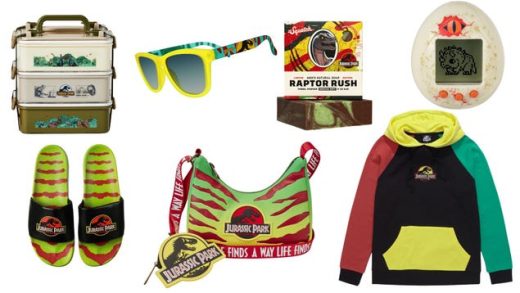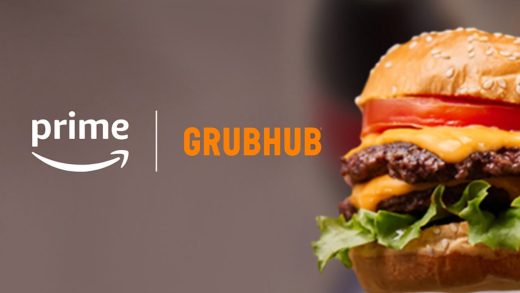In the race to reach carbon neutrality, many businesses are looking for various ways to cut emissions, whether through limiting high-carbon transit, becoming more energy efficient at home, or reducing our consumption of meat.
But there are some things that individual consumers can do that don’t require massive lifestyle changes, making them more likely options for regular folks who want to help the planet but don’t want to give up their holiday travel schedule.
One such method is reducing food waste. It’s no small problem: According to Feeding America, in the U.S. alone, around 40% of the food supply is wasted, which comes out to around 119 billion pounds of food, or around 140 billion wasted meals, every year. That’s as much CO2 emissions as 212 million cars, according to the Environmental Defense Fund. Another way to think of the 40% figure is to understand that it works out to around 119 billion pounds of food, or around 140 billion wasted meals every year.
But there are a few startups working on the food waste problem, including Fridgely and Mill. Fridgely, an app built as a hobby by an enterprising engineer, shows that tech can make it easier to avoid food waste, so long as you can get users to stick around. Mill, in contrast, has a neat system to help collect wasted food and convert it into food grounds that can be recycled into the food creation system of a nation. Mill is starting with chicken feed as its final product, for reference.
Eliminating food waste is the next frontier in saving the planet by Miranda Halpern originally published on TechCrunch
Source : Eliminating food waste is the next frontier in saving the planet














